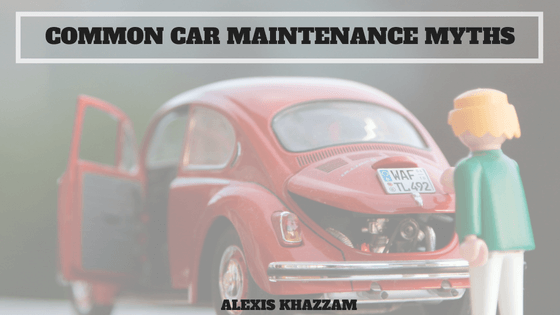Owning a vehicle can be a daunting task. There is monthly maintenance, yearly maintenance, and maintenance on anything that may go wrong. With such as important purchase and part of your daily life, you should understand what your car does and does not need. The following are some common maintenance myths that end up costing car owners unnecessary money every year. Let’s debunk them!
Engine Oil Needs Changed Every 3,000 Miles
Under normal driving conditions, most vehicles can travel 7,500 miles or more between oil changes. Cars that use synthetic oil can go up to 10,000 miles before needing an oil change. How do you know what’s best for your car? Read your owner’s manual. Changing your oil every 3,000 miles will not hurt your engine, but it is not necessary. This become the go to mileage change through quick change lube shops who are out to make money. The only reason you would need to change your oil that frequently is if you are towing things often, travel through mountainous areas or stop and go frequently.
Premium Gas is Best
Most vehicles run perfectly fine on regular-grade, 87 octane, gasoline. Using premium in these cars certainly won’t hurt, but it won’t improve performance, either. Higher octane gas is made for hotter running engines or high-compression engines. If your vehicle does not have this type of engine, there is no reason to pay extra for higher octane gas.
Engines Need Idled to Warm Up
This may have been the case fifty years ago, but today, engines are designed to warm up in about three seconds. They are also built to warm up as they go. Don’t waste your time sitting in your driveway every morning.
Use Tire Protectant
Aftermarket products are not needed to preserve tires. Tires are made with built-in preservents and the shine is merely cosmetic, so there is actually nothing you can do to keep it up.
Oftentimes, people feel overwhelmed by the amount of maintenance a car needs. This causes them to believe anything they hear and not do their own research. This is how myths continue. Instead, do your research and learn what is a myth and what is a fact.
